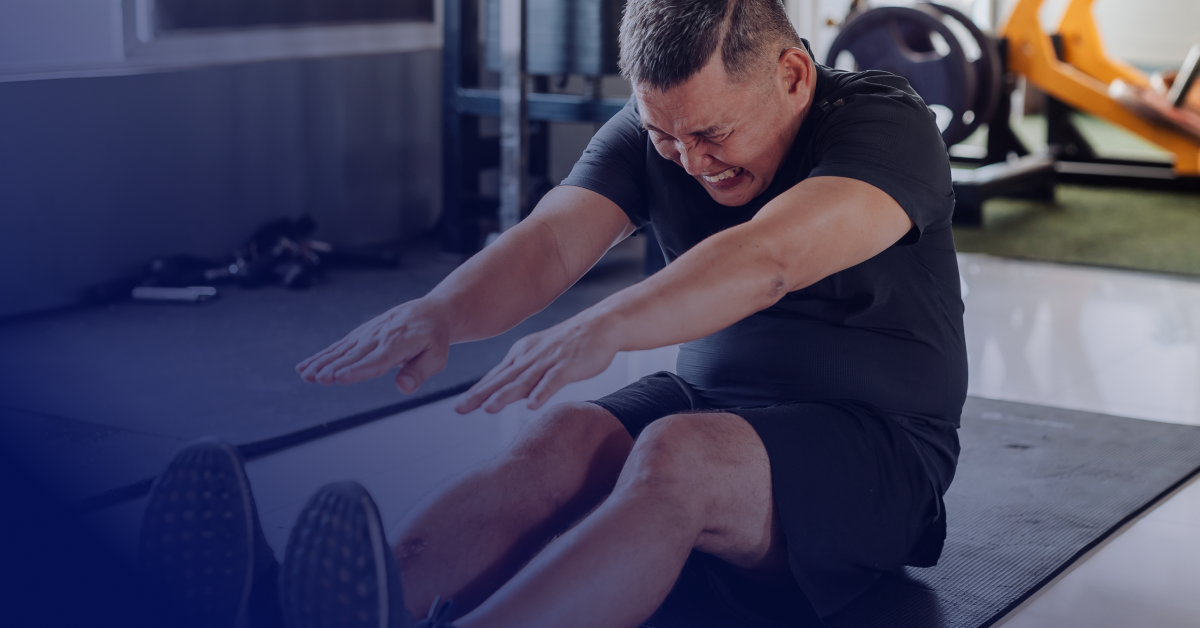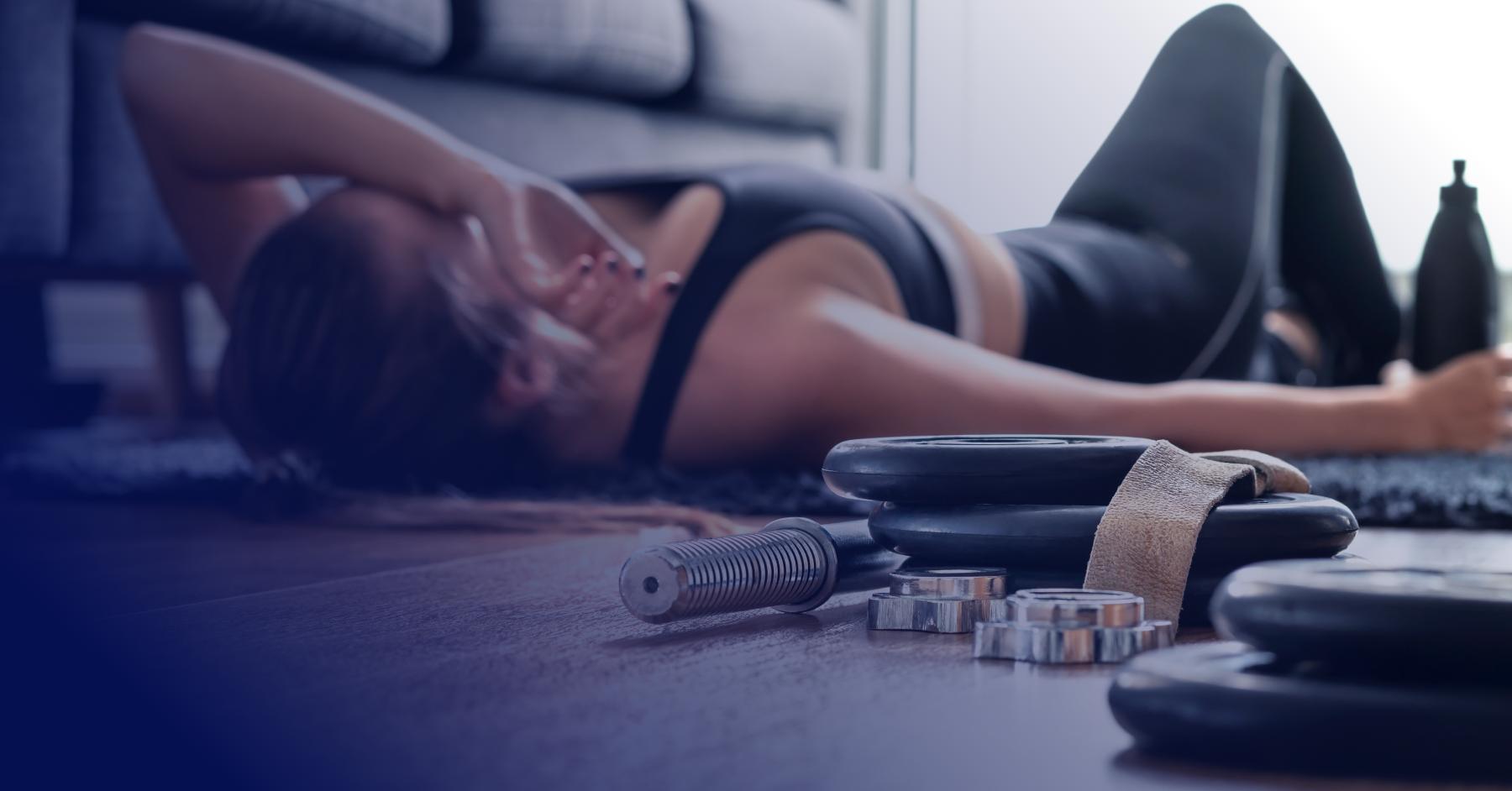Common Running Injuries and Their Treatments
Physical Therapy, Workout Injuries, Ankle Injuries

Running is a great way to keep in shape from anywhere, but it’s also associated with a lot of common injuries. Learn what to watch out for — and how physical therapy can help you heal.
Whether you’re a beginner looking for a little extra fitness or an avid runner dedicated to training, there are some running injuries you are bound to encounter no matter how careful you are. Here are a few of the most common running injuries and some tips on treating them.
Runner’s Knee
Also called Iliotibial Band Syndrome, runner’s knee is an incredibly common injury. The name comes from the tendon that stretches from the hip down across the knee. Repetitive running can cause the band to become very tight. The friction of the tight band sliding against the outside of the knee then causes inflammation and significant pain. Downhill running in particular can predispose this condition. People who are bow legged or pronated (turned in) feet have a predisposition as well.
Preventative measures for Runner’s Knee include stretching and limiting drastic changes in the pace and surface of your run. Treatment typically centers on physical therapy along with anti-inflammatory medications and orthotics.
Knee Tendonitis or Bursitis
A condition that is more common in men, knee tendonitis or bursitis, is an inflammation of a bursa or tendon on the knee. It is exacerbated with downhill running and foot pronation. The key prevention tip is to be moderate with the pace and surface of your run. Unfortunately, that isn’t a luxury that’s always available — especially if you’re a serious runner training for a marathon.
Fortunately, physical therapy combined with anti-inflammatory medication can prove a very effective treatment.
Shin Splints
Shin splints cause pain in the mid-tibia bone between the knee and ankle. The condition is related to inflammation to a superficial layer over the bone. There are various physical attributes that predispose a person to shin splints, such as the angle of the hip bone, bend of the tibia bone, or rotation of the foot.
The main treatment for shin splints is rest and physical therapy.
Stress Fracture
Stress fractures are similar to shin splints and can often be confused for them as both are common injuries in runners. Both frequently occur in the shin. This is a result of excessive pounding where the bone experiences constant stress, resulting in micro-fractures.
If a stress fracture is caught in the early stages, rest and avoiding weight-bearing activities is typically sufficient treatment. However, surgery may become necessary if the condition is neglected and the fracture crosses from one end of the bone to the other. It is imperative for a runner to see an orthopedic surgeon promptly if they are experiencing constant pain in the tibia bone.
Achilles Tendon Contracture
When you run, the front of the foot pushes down as the heel raises and your body moves forward. However, some runners develop a push off with the toe instead. That involves hyperextension of the knee and can lead to a contracture of the Achilles tendon behind the ankle and foot.
The best way to prevent an Achilles tendon contracture is to stretch the tendon repetitively before and after any run. Remember that the proper way of stretching the Achilles is to slightly internally rotate the foot while standing and facing the wall and keeping the heel flat on the floor during the stretch. A physical therapist can guide you through the proper stretches during therapy sessions.
When it comes to treatment, physical therapy is the best approach for an Achilles tendon contracture.
Stay Safe While You Run
Running is a wonderful aerobic exercise, but it can lead to some common injuries if you aren’t careful. It is important to take all proper precautions to prevent injuries and, if an injury does occur, to contact a physical therapist right away to keep it from getting worse.
At All Sports Physical Therapy, our experts have years of experience treating all kinds of conditions, offering physical therapy, sports medicine, ready to play, and much more. Contact us today to schedule an appointment!



